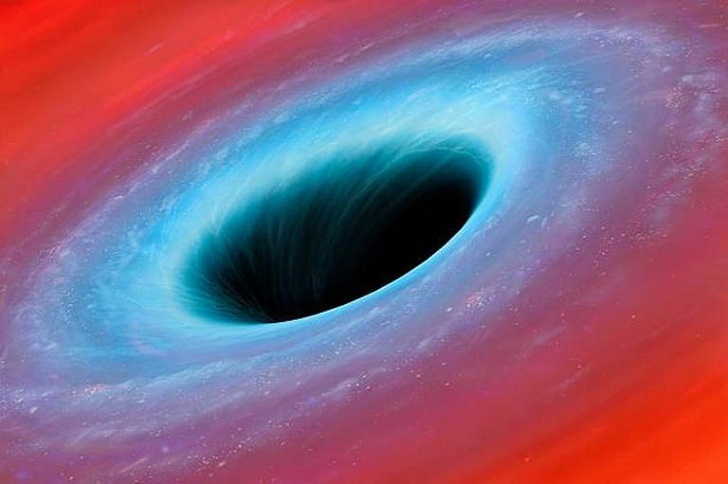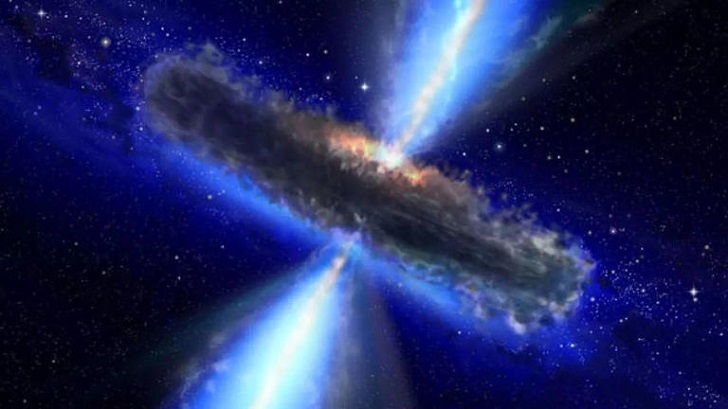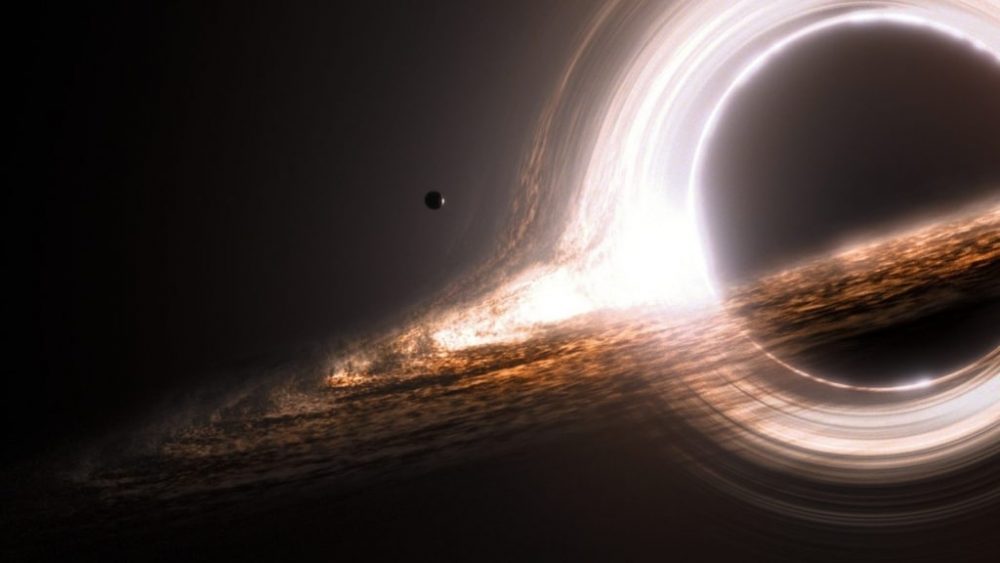Black holes, often depicted as cosmic vacuum cleaners, have captured public imagination and fear alike. However, the reality of black holes is quite different from this popular portrayal. At their core, black holes are regions of space where matter is compressed to extreme densities, creating a gravitational pull so strong that nothing, not even light, can escape from them.
This intense gravitational pull is effective only at very close ranges. The edge of a black hole, known as the event horizon, is where time itself appears to stop, and the laws of physics as we know them cease to operate. Inside, at what could be considered the true heart of a black hole, lies what is theorized to be a singularity—an infinitely small and dense point where current scientific understanding breaks down.

John O'sullivan | MSN | In 2022, astronomers captured the first-ever photograph of a black hole at the center of our Galaxy.
So, when will a black hole hit Earth? This article will explore everything you need to know.
When Will a Black Hole Hit Earth?
Given their ominous reputation, it's not surprising that one might wonder: When will a black hole hit Earth? It's incredibly unlikely. Black holes are not roaming vacuum cleaners searching for planets to consume. Their gravitational pull at a distance is equivalent to that of any star of similar mass. This means that unless Earth directly crosses into a black hole's event horizon—a scenario that is almost beyond imagining—there is no risk of our planet being "sucked in."
In 2022, astronomers captured the first-ever photograph of a black hole at the center of our Galaxy, which provided groundbreaking insights into these mysterious entities. Despite their terrifying potential to devour any matter that strays too close, black holes are generally stable and remain fixed in their position within galaxies.

Redouan Khoulassi | Pexels | The Sun lacks the necessary mass to collapse into a black hole at the end of its life cycle.
Could Our Sun Turn into a Black Hole?
A common question is whether the Sun could morph into a black hole, posing a direct threat to Earth. The Sun, however, lacks the necessary mass to collapse into a black hole at the end of its life cycle; it will instead become a white dwarf after its red giant phase.
Even hypothetically, if the Sun were replaced by a black hole of the same mass, the gravitational influence on Earth would remain unchanged. The planets would continue to orbit as usual, though our solar system would become a much darker and colder place without the Sun's light and heat.
The Unlikelihood of a Black Hole Encounter

TOI Science Desk | MSN | The only conceivable way Earth could encounter a black hole would be if a rogue black hole were to pass directly through our solar system, an event so unlikely that it borders on the impossible.
The only conceivable way Earth could encounter a black hole would be if a rogue black hole were to pass directly through our solar system, an event so unlikely that it borders on the impossible.
The vast distances between stars and the vast emptiness of space make such an encounter extremely improbable. Thus, while the idea of Earth being swallowed by a black hole makes for compelling science fiction, it is not something that should cause concern in the real world.
While black holes continue to be a subject of intense study and fascination, the fear that one might someday consume Earth is unfounded. These cosmic phenomena are part of the complex tapestry of our universe, inspiring awe and curiosity more than fear.

